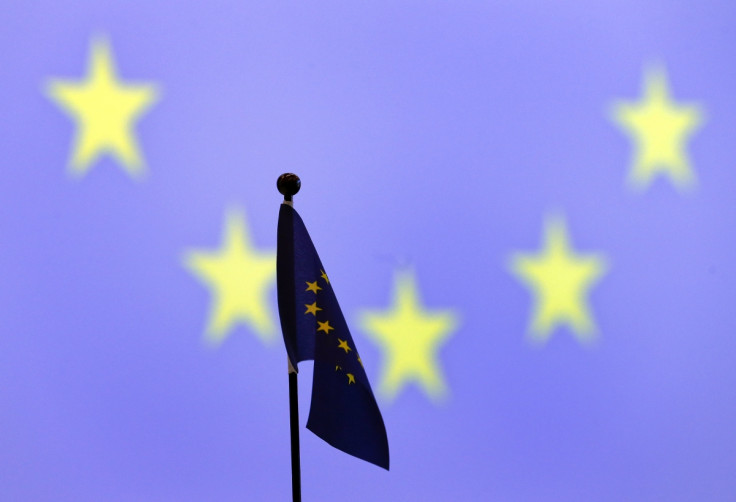Crimea Invasion: Cameron, Obama, Merkel and Hollande at EU Crisis Meet

David Cameron is hoping to help win a diplomatic breakthrough over the Ukraine when he and EU leaders meet at a crisis summit.
Despite disappointment over talks in Paris today (Wednesday), Cameron aides said he would be talking to President Obama and meeting German chancellor Angela Merkel and French president Francois Hollande in a bid to pile pressure onto Moscow.
In the Commons, the prime minister insisted nothing was "off the table" when it came to possible action against Vladimir Putin, but put the emphasis on continuing political, economic and diplomatic steps.
He won strong support for his position from Labour leader Ed Miliband during question time and, welcoming the cross-party unity, Cameron said the most important thing was for a strong, united message to go out from the UK and Europe.
Meanwhile, foreign secretary William Hague expressed his disappointment that his Russian counterpart, Sergei Lavrov, had refused to join direct talks in Paris over the crisis.
Hague agreed a joint statement with the US and Ukraine calling for international observers to be sent to the region and urging direct talks between Kiev and Moscow while attacking Russia's "continued violation of Ukraine's sovereignty and territorial integrity".
But he said he was "not optimistic" of making progress.
"If we cannot make progress on that [diplomatic] course there will be costs and consequences," he said. That could include EU sanctions.
Whitehall has appeared at odds with the US over exactly what sort of economic or trade sanctions might be threatened against Putin with the secretary of state John Kerry apparently irritated at both the UK the EU's hesitation.
Cameron was eager to dismiss suggestions sparked by the snatch photograph of a document carried into No10 by an official suggesting tough trade and economic sanctions were not being considered.
But along with other EU states with economic ties to Russia, particularly Germany, he is sensitive to the danger of slipping into any tit-for-tat trade war which could see their economies badly affected.
© Copyright IBTimes 2025. All rights reserved.





















